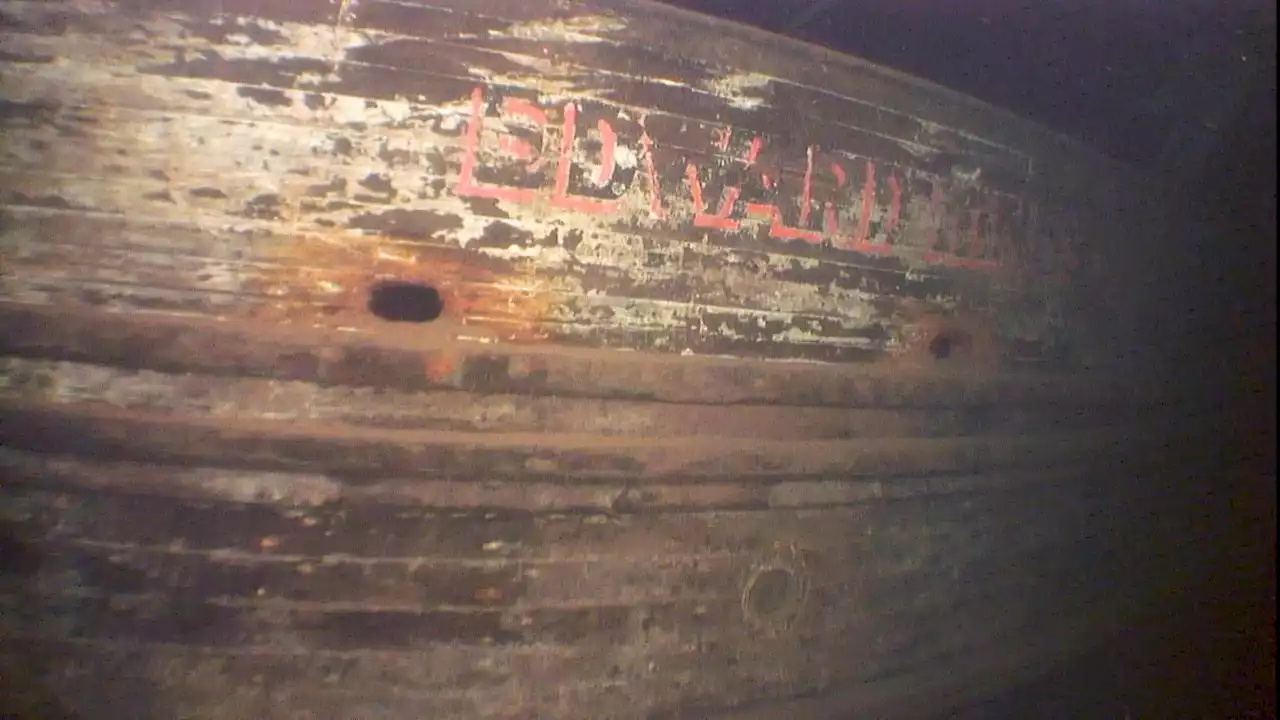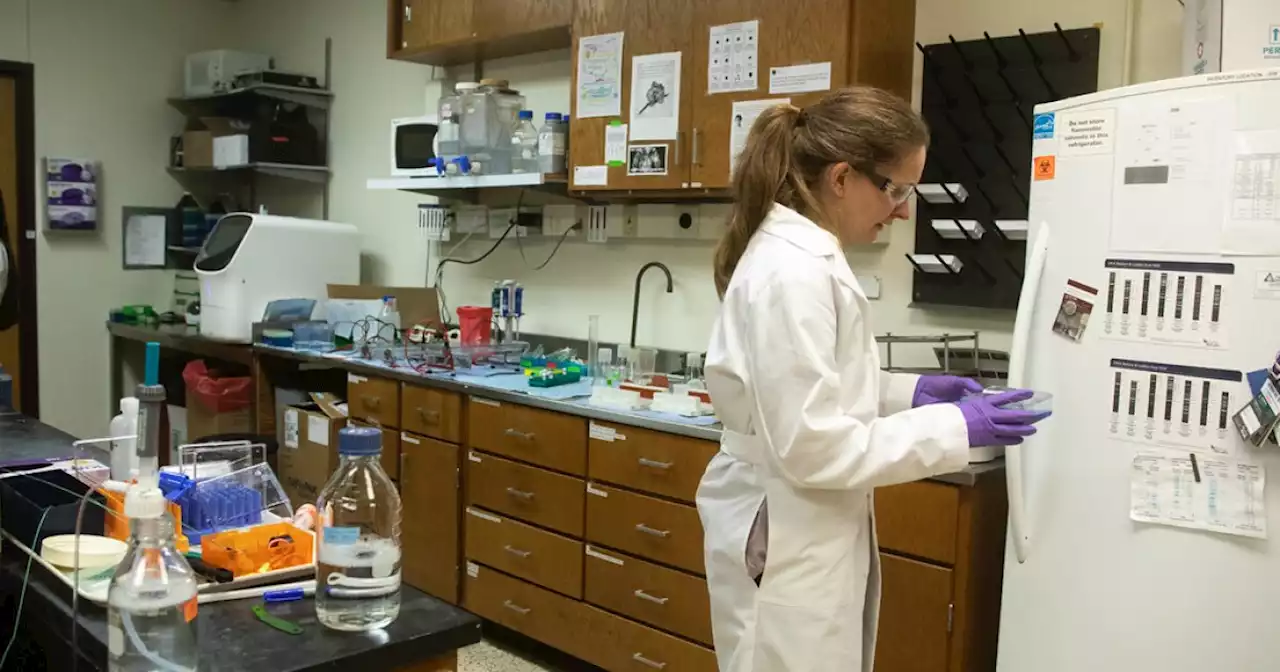A local scientific discovery may soon breathe new life into patients starved of oxygen.
In a new study published in PNAS, investigators at Harrington Discovery Institute and Case Western Reserve School of Medicine showed that a modified version of hemoglobin, termed S-nitrosohemoglobin, senses areas with insufficient oxygen, and then restores blood flow for oxygenation CLEVELAND, Ohio —
In these cases, the problem isn’t the availability of oxygen. Instead, it’s that increasing oxygen levels in the blood doesn’t translate into similar increases in oxygen delivery to the places where it’s needed. However, Stamler and his colleagues at Harrington Discovery Institute at University Hospitals and Case Western Reserve University School of Medicine have recently demonstrated that they can restore blood flow and oxygenate tissues using a modified version of the oxygen carrying molecule hemoglobin.
Argentina Últimas Noticias, Argentina Titulares
Similar News:También puedes leer noticias similares a ésta que hemos recopilado de otras fuentes de noticias.
 Stanford researchers create ‘mini-Westworld’ simulation with AI characters that make plans, have memoriesA new research paper revealed how Stanford researchers created a virtual world with artificial intelligence comprised of 25 unique 'generative agents.'
Stanford researchers create ‘mini-Westworld’ simulation with AI characters that make plans, have memoriesA new research paper revealed how Stanford researchers created a virtual world with artificial intelligence comprised of 25 unique 'generative agents.'
Leer más »
 Mayan ballgame scoreboard found by researchers dating back 800 to 900 ADThe Mayans considered the ballgame as a religious ceremony of regeneration that was essential to their continuing existence.
Mayan ballgame scoreboard found by researchers dating back 800 to 900 ADThe Mayans considered the ballgame as a religious ceremony of regeneration that was essential to their continuing existence.
Leer más »
 Wheat disease’s global spread concerns researchersGenomic analysis reveals that the wheat blast fungus spread independently from South America to two other continents.
Wheat disease’s global spread concerns researchersGenomic analysis reveals that the wheat blast fungus spread independently from South America to two other continents.
Leer más »
 Michigan researchers find 1914 shipwrecks in Lake SuperiorMichigan researchers say they have found the wreckage of two ships that disappeared into Lake Superior in 1914 and hope the discovery will lead to a third vessel that sank at the same time
Michigan researchers find 1914 shipwrecks in Lake SuperiorMichigan researchers say they have found the wreckage of two ships that disappeared into Lake Superior in 1914 and hope the discovery will lead to a third vessel that sank at the same time
Leer más »
 Michigan researchers find 1914 shipwrecks in Lake SuperiorMichigan researchers have found the wreckage of two ships that disappeared into Lake Superior in 1914 and hope the discovery will lead them to a third that sank at the same time, killing nearly 30 people aboard the trio of lumber-shipping vessels. The Great Lakes Shipwreck Historical Society announced the discoveries this month after confirming details with other researchers. Ric Mixter, a board member of the society and a maritime historian, called witnessing the discoveries “a career highlight.”
Michigan researchers find 1914 shipwrecks in Lake SuperiorMichigan researchers have found the wreckage of two ships that disappeared into Lake Superior in 1914 and hope the discovery will lead them to a third that sank at the same time, killing nearly 30 people aboard the trio of lumber-shipping vessels. The Great Lakes Shipwreck Historical Society announced the discoveries this month after confirming details with other researchers. Ric Mixter, a board member of the society and a maritime historian, called witnessing the discoveries “a career highlight.”
Leer más »
 UT Austin researchers make headway toward universal coronavirus treatmentsResearchers at UTAustin played a leading role in the development of COVID vaccines. Now, some of them have made a discovery that might hold the key to treating not only COVID-19, but all coronaviruses.
UT Austin researchers make headway toward universal coronavirus treatmentsResearchers at UTAustin played a leading role in the development of COVID vaccines. Now, some of them have made a discovery that might hold the key to treating not only COVID-19, but all coronaviruses.
Leer más »
